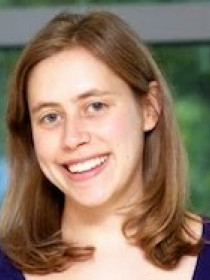
Jessi Streib
Connect with Jessi
About Jessi
Streib's research uncovers mechanisms and builds theories about how social class inequality is experienced, reproduced, and alleviated.
Contributions
What Cross-Class Couples Can Teach All Americans about Constructive Interactions
In the News
Publications
Works to move the study of class and culture past studies of social reproduction by offering new ways to also study culture and social class mobility.
Examines the proportional representation of characters in each class as well as frames of class conditions, characters, and the opportunity structure. These frames suggest that children’s media legitimates poverty and social class inequality in a new way—by presenting them as benign.
Traces the lives of a subset of these individuals - highly-educated adults who married a partner raised in a class different from their own, primarily between those from blue- and white-color backgrounds. Drawing upon detailed interviews with spouses who revealed the inner workings of their marriages, shows that crossing class lines is not easy, and that even though these couples shared bank accounts, mortgages, children, and friends, each spouse was still shaped by the class of their past, and consequently, so was their marriage.
Shows that preschoolers are already class actors, performing class through their linguistic styles. Upper-middle-class children speak, interrupt, ask for help, and argue more often than working-class children. Upper-middle-class children’s classed linguistic style effectively silences working-class students, gives them less power, and allows them fewer opportunities to develop their language skills.